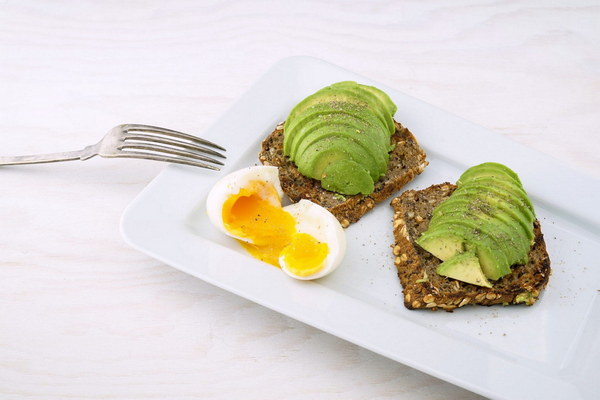Supercharge Your Health The Power of Protein in Your Diet
Introduction:
Protein, an essential nutrient for the human body, plays a vital role in maintaining good health and overall well-being. With numerous health benefits, incorporating protein-rich foods into your diet can help you achieve your fitness goals and improve your quality of life. In this article, we will explore the importance of protein, its sources, and how to incorporate it into your daily meals.
1. The Importance of Protein:
Protein is a macronutrient that serves as the building block for our body's tissues, enzymes, hormones, and immune system. It is crucial for muscle growth, repair, and maintenance, as well as for the production of red blood cells and other bodily functions. Adequate protein intake ensures that your body has the necessary resources to repair and rebuild itself, thereby promoting good health.
2. Health Benefits of Protein:
a) Muscle Building and Repair: Protein is essential for muscle growth and repair. When you exercise, your muscles experience microscopic tears. Protein helps repair these tears, leading to stronger, more robust muscles.
b) Weight Management: High-protein diets have been shown to promote weight loss and prevent weight regain. Protein increases satiety, helping you feel full longer, which can reduce overall calorie intake.
c) Metabolism Boost: Protein has a higher thermic effect than carbohydrates and fats, meaning your body burns more calories digesting it. This can lead to a higher metabolic rate and increased fat burning.
d) Bone Health: Adequate protein intake is crucial for maintaining bone density and reducing the risk of osteoporosis.
e) Immune System Support: Protein is a key component of immune cells and antibodies, making it essential for a strong immune system.
3. Protein Sources:
a) Animal Sources: Lean meats, poultry, fish, eggs, and dairy products are excellent sources of high-quality protein.
b) Plant Sources: Legumes, lentils, tofu, tempeh, seitan, nuts, seeds, and whole grains are great plant-based protein sources.
4. Incorporating Protein into Your Diet:
a) Balance Your Meals: Ensure that each meal contains a good balance of protein, carbohydrates, and fats. This will help keep you full, energized, and satisfied.

b) Snack Smart: Choose protein-rich snacks such as Greek yogurt, nuts, or hummus to keep your energy levels up and curb hunger.
c) Meal Planning: Plan your meals in advance to ensure you include protein at every meal and snack.
d) Recipe Ideas: Experiment with new recipes that incorporate protein-rich ingredients, such as protein smoothies, protein pancakes, or lentil soup.
5. Determining Your Protein Needs:
The recommended daily protein intake varies based on factors such as age, gender, weight, height, and activity level. A general guideline is to consume 0.8 grams of protein per kilogram of body weight per day. Athletes and individuals with high physical activity levels may require more protein.
Conclusion:
Protein is a vital nutrient that supports overall health, aids in muscle growth and repair, and promotes weight management. By incorporating protein-rich foods into your diet and ensuring you meet your daily protein needs, you can enjoy a healthier, more energetic lifestyle. Remember to balance your protein intake with a variety of other nutrients to maintain a well-rounded diet. Start supercharging your health with the power of protein today!









